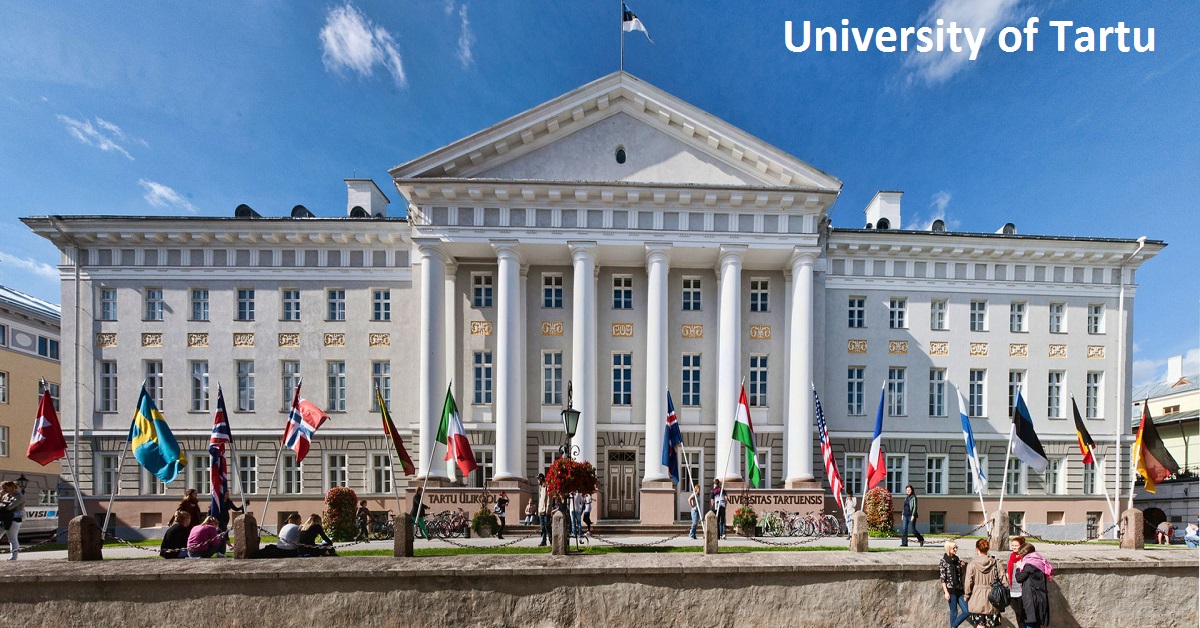Institute of GenomicsDeadline: 01.12.2021Duties and responsibilitiesResearch, development and creative activities, at least 70% of working time
1. Participation in RDC activities under the supervision of a professor or associate professor. Processing and analysis of health data in the Estonian Biobank (questionnaires, national Health Insurance Fund’s data base, electronic health records). Utilizing statistical genetics methods to explore the genetics of mental and somatic health (e.g. cardiovascular disease, COVID-19) outcomes. Contributing to the work of international consortium collaborations (Horizon2020, Nordforsk). Presenting research results at international meetings and writing research reports.
2. Internationally recognised research in five years at least in the volume equivalent to that of 1.5 doctoral thesis.
3. Development of skills necessary for RDC activities, and professional development.
Teaching and activities related to the administration and development of teaching, up to 20% of working time
1. Teaching, using modern teaching methods and educational technology, primarily supervising students of the first and second level of higher education.
2. Professional development to enhance teaching and supervising skills.
Participation in the governance and institutional development of the university and social and public activities, up to 10% of working time
1. Participation in the work of the university’s decision-making bodies is recommended.
2. Popularisation of the specialisation. See also job description.Required qualificationsPhD or an equivalent qualification in a relevant subject (e.g. epidemiology, gene technology, statistics, psychology, neuroscience, public health) See also requirements for teaching and research staff.Required experienceRequired:
- Extensive experience with data analysis and epidemiological statistical methods
- Basic knowledge in genetic epidemiology and genetics of complex traits
- Excellent analytical skills with statistical software (e.g. R, Stata etc)
- Strong scientific communication, writing and presentation skills
- Proactive, solution-oriented and responsible team player
- Ability to work independently and meet deadlines
Desired
- Experience with behavioral or mental health research
- Experience with commonly used statistical genetics tools (e.g. Plink, LD score regression, LDpred)
- Expertise in somatic disease research (e.g. cardiovascular, respiratory, immunological diseases)
- Experience with research using electronic health records or national registries
- Previous experience of international collaboration
- Experience in team or project management
- Supervising undergraduate and postgraduate students
Required language skillsExcellent oral and written skills in English for professional communication, writing and research.
Starting at 15.01.2022, temporary contract to 14.01.2024Workload 1,00Salary According to the UT salary rules and depending on the candidate’s qualification and experience. See also UT salary rules.
Additional infoFurther information can be provided by Kelli Lehto, kelli.lehto@ut.ee, 737 4039
Application documents
In order to be considered for the position, the candidate must submit to the UT Human Resources Office (email: personal@ut.ee; postal address: 18 Ülikooli St, Tartu 50090 ESTONIA; employees of the UT should submit their documents via intranet) following documents:
- a letter of application to the Rector,
- a curriculum vitae in the established format,
- a list of research publications (if necessary, enclosing copies or offprints of more important publications),
- a copy of a document (including its annexes) which shows the candidate to hold the required qualification (with authorized translation into Estonian, English or Russian if the credential is not in Estonian, English, Russian, Finnish, Swedish, French, Italian, Ukrainian and Belarussian languages). A candidate can be required to submit the original or a certified copy of the document (including its annexes) showing the candidate to hold the required qualification. If the candidate has acquired the higher education in question abroad, he or she may be required to submit an assessment issued by the Academic Recognition Information Centre (the Estonian ENIC/NARIC) of his or her qualification in respect of the qualification requirements for the position;
- a letter of motivation incl. contacts of at least two recommenders,
- other materials considered relevant by the candidate (a list of such materials must be included in the application or annexed to it).
Number of copies: 1
Application documents and notification of results
